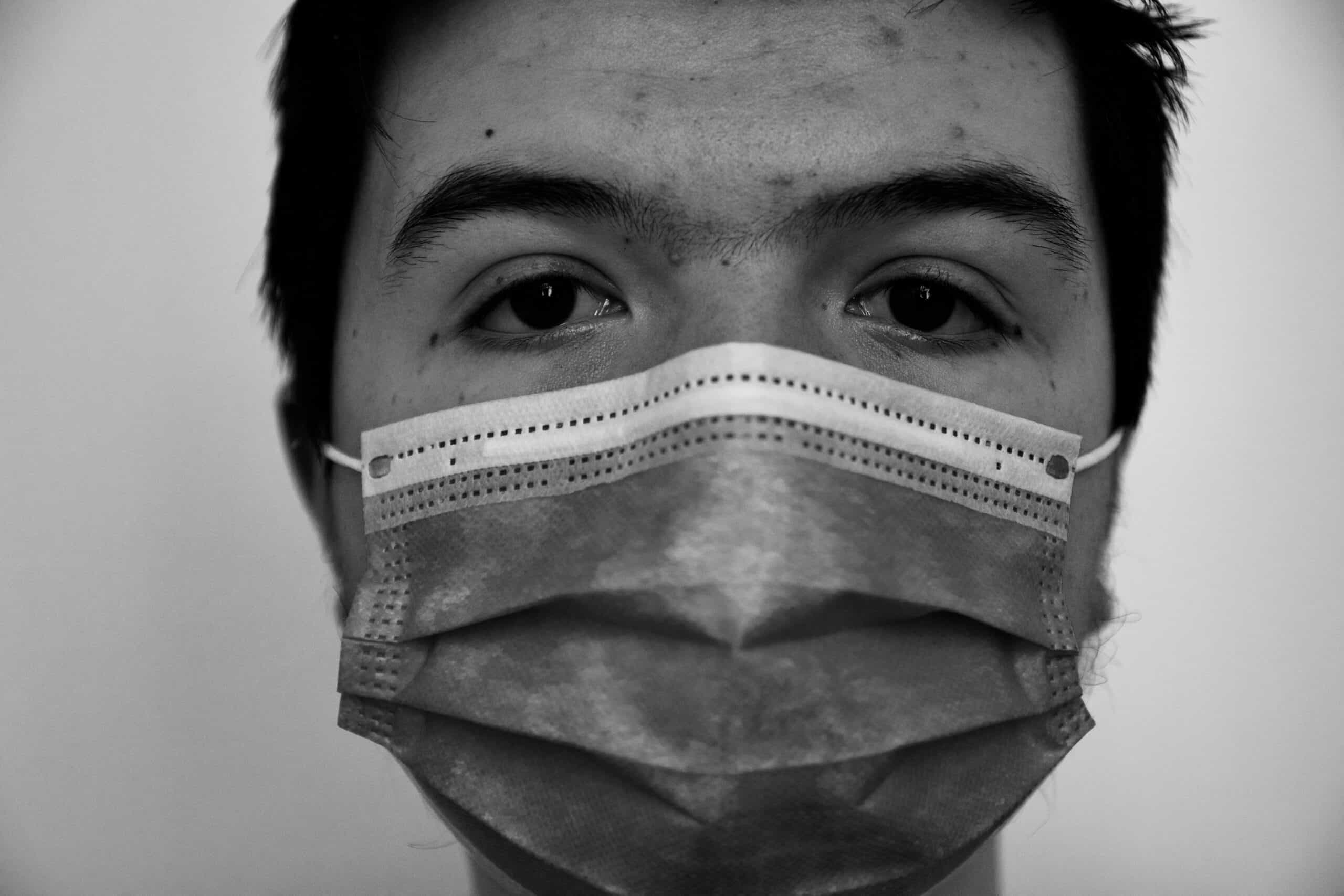This crisis has painfully peeled away some of life’s superficial layers, helping us see what matters. People feel vulnerable, and life seems more fragile…because it is. Surprisingly, the coronavirus pandemic that has changed our world, bringing fear and devastation to many communities, has also delivered a few gifts. How ironic that the COVID19 virus that drives people apart, scattering people into their homes, and keeping them standing 6 feet away with faces covered by a mask, has also been the conduit for bringing people together. Connecting with others reminds people they are resilient, supporting recovery and hope.
This is the 2nd post in this series about building resilience and finding inspiration written to help navigate these uncharted waters brought by COVID-19.
The gifts: Connecting with others, recovery, and hope
The stories of connection and healing are the silver lining framing the fallout from this virus. People are reconnecting with old friends and family members, and rekindling relationships not nurtured for years. Heck- talking on the telephone is no longer taboo!
- Families are holding virtual reunions, spending time with distant relatives they only knew as kids
- Old friends are gathering online to catch up
- People are sharing more of their lives with their current friends
- As the private parts of people’s lives seep into view, colleagues are seen as more than their role at work. While teleconferencing, we get glimpses of homes, kids, and animals in the background. Everyone seems a bit more human.
The vulnerabilities brought by the virus have allowed people to notice… truly notice…each other.
Do you see how people smile with their eyes?
Thanks to the masks, we aren’t distracted by smiles that hide sadness or worry. People’s eyes are windows into the truth. The signs were always there, but we were too busy to look. Instead, we saw what was convenient or what people wanted us to believe. We focused on what people said and ignored the lack of eye sparkle to back it up.
Thank you COVID19 virus: Finding the words. And listening.
People seem willing to listen to each other and less hurried to get on to the next thing. Many are taking the time to connect when they wouldn’t have seized the opportunity before. Conversations that were generally superficial and rushed, devoid of details about the important emotional pieces of lives, now include vulnerability. People are finding the words they previously struggled to say.
Words carry the power to heal. And now that people are talking more, I have heard many stories of healing. These include opportunities to process past events with family, support received related to the COVID19 virus, and acceptance felt after sharing personal details of one’s life. Conversations are occurring that never seemed possible.
Healing amidst the coronavirus pandemic
There has been a forced re-evaluation and re-setting of priorities lately. Although we are affected by the coronavirus pandemic differently, there’s a feeling of togetherness. Nobody is immune (literally and figuratively) or safely out of reach of the virus’s ugly tentacles. The collective sharing of this experience brings comfort, especially to those who feel alone. Connecting with others helps people feel more resilient.
Loneliness and fear didn’t start with this virus but now it is openly talked about. Financial devastation, insecurities about the future, trauma, anxiety, and depression have existed since the beginning of time. Yet, previously, many felt alone, walking through these experiences in a silo filled with shame and self-judgment. Now, thanks to the pandemic, struggling and being vulnerable feels a little bit easier to share.
Physical distancing and staying at home do not have to equate to social isolation. Positive connections help us remain grounded, nourish us, and keep us resilient. They will enable us to recover from all the ways the virus touches our lives.
We are resilient: Recovery and Hope
Amidst the tragedy and negative fallout from the COVID19 virus lies a few bright spots. For those, I am grateful. As this virus passes, I hope our enhanced ability to reach out, support, and connect doesn’t leave with it. Let’s take advantage of these gifts without needing a pandemic to remind us to engage with others, prioritize what we value and need, and that often, the risks we take to share our true selves pay off.
What has been your silver lining to the COVID19 virus?
The next post in this series discusses building resilience to balance stress and recover from the adversity caused by this virus. Getting sick of doing the same things? I put together a fun list of options: How to Stay Positive During Quarantine: Fun Distractions to Lift You Up
Looking for additional reminders of how resilient we are?
Physician, Dr. Stacia Dearmin, writes about post-traumatic growth and how this, rather than post-traumatic stress disorder, can be the end result of traumatic and stressful events. She uses her experience of the trauma of an unexpected patient death to explain the growth that can arise from adversity. Dr. Dearmin dedicates her time to supporting other physicians struggling with the emotional toll of adverse patient outcomes or malpractice litigation.
From her post Can Setbacks Really Set Us Up for Comebacks?
…We who work in healthcare see post-traumatic growth all around us every day. Patients and families give us the extraordinary privilege of seeing ordinary people confront terrible circumstances with love and dignity, often wresting from them something beautiful for themselves, others, or generations yet to come. They use their “setbacks as opportunities to … positively affect the world…
The gift of adversity
Another great option to read about recovery and hope is a book called The Gift of Adversity: The Unexpected Benefits of Life’s Difficulties, Setbacks, and Imperfections written by a psychiatrist, Norman E Rosenthal MD
Using stories from his own life—including his childhood in apartheid-era South Africa, his years after suffering a violent attack from a stranger, and his career as a psychiatrist—as well as case studies and discussions with well-known figures like Viktor Frankl and David Lynch, Rosenthal shows that true innovation, emotional resilience, wisdom, and dignity can only come from confronting and understanding the adversity we have experienced. Even when life is hardest, there are meanings to be found, riches to be harvested, and gifts that can last a lifetime.





2 thoughts on “Gifts Brought by the COVID-19 Virus: Connecting with Others, Resilient Reminders, Recovery, and Hope”
Comments are closed.